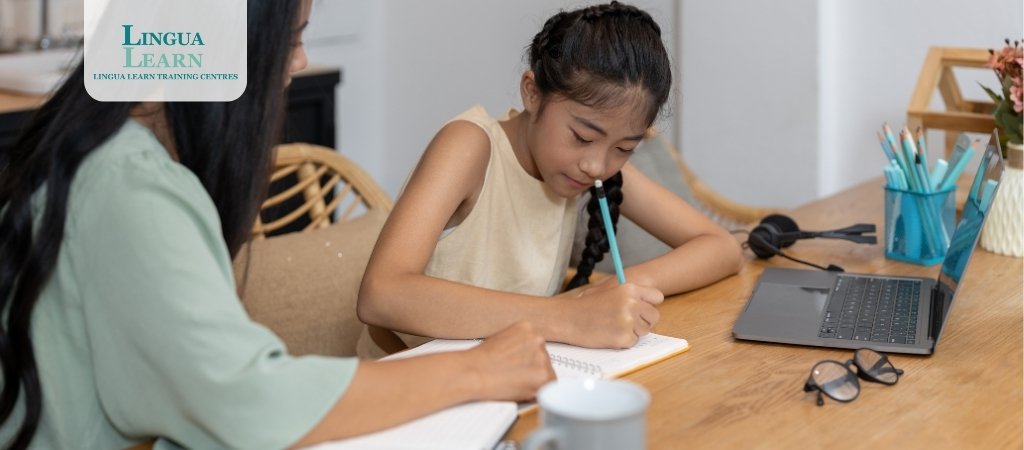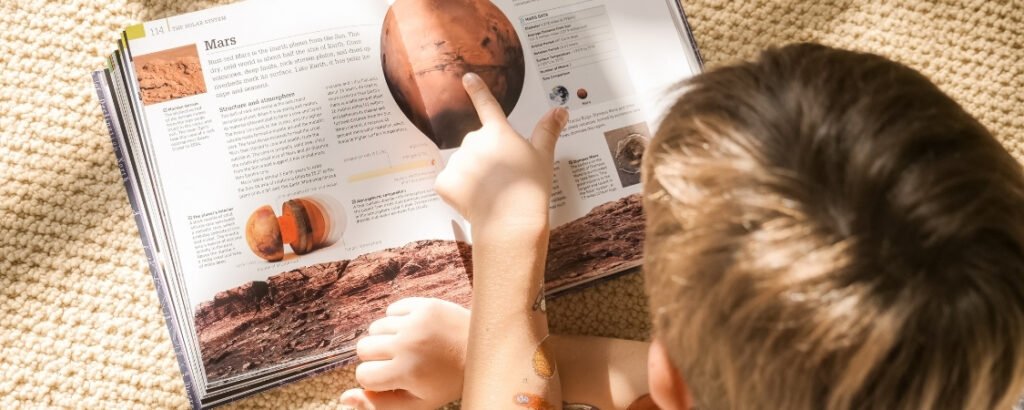
The best age to learn language is a question many parents ask when thinking about their child’s future. In today’s global world, speaking more than one language is not just a skill—it’s an opportunity. But when exactly should children begin learning a second language? Let’s explore the science behind early learning and why starting young may give your child a lifelong advantage.
Numerous studies show that the earlier a child is exposed to a second language, the better their chances of achieving native-like fluency. Between the ages of 0 and 7, the brain is especially receptive to language sounds and structures. This stage, often referred to as the critical period, is when children are biologically wired to absorb and retain new languages naturally—similar to how they acquire their first language.
A recent study published on ResearchGate titled “The Impact of Second-Language Acquisition on Cognitive Development” found that early exposure to a second language significantly enhances children’s executive functioning, memory, and abstract reasoning abilities. Young learners who begin acquiring a second language during early childhood tend to outperform monolingual peers in tasks involving attention control, problem-solving, and cognitive flexibility.
Experts agree that the best age to learn language is early childhood. During this time, the brain forms critical connections that make learning a second language faster and more effective than at any other stage.
If you’re wondering whether your child has missed the best age to learn language, don’t worry. While younger children have certain cognitive advantages, older kids and teens can still become fluent with consistent exposure and engaging methods.
Choosing the best age to learn language also depends on your family’s goals. Do you want your child to grow up bilingual, or prepare for academic or professional opportunities later in life? Either way, starting earlier provides a strong foundation.
Introducing a new language through songs, games, or daily conversation is one of the most effective strategies for maximizing the best age to learn language.
This means that introducing a second language early doesn’t just give children a head start in communication—it also strengthens the brain’s overall architecture, building critical thinking and learning skills that extend far beyond language itself.

Babies can distinguish sounds from all languages in their first year. If regularly exposed to a second language, they’ll retain those sound patterns, making pronunciation easier later on. Even passive exposure—through songs or daily interactions—has a positive effect.
At this stage, kids begin to form complete sentences and engage more meaningfully with grammar. Introducing a second language through stories, songs, and games encourages natural language acquisition. Their working memory and vocabulary grow rapidly, making it an ideal time to start structured lessons.
Though the critical period starts to narrow, children in this range can still become fluent with consistent exposure. However, they may start to rely more on translation and logic than instinct, so engaging lessons and regular conversation practice are key.
Learning a second language early in life does far more than build communication skills. Research continues to show that the best age to learn language aligns with a child’s peak cognitive development—making early exposure not only effective but also transformative.
Here are some of the key benefits your child can gain from early second-language learning:
These benefits extend well beyond the language classroom. In fact, choosing the best age to learn language means you’re giving your child a head start not just in communication, but in life.
Don’t worry—it’s never too late to start learning a language. Older kids and even teenagers can achieve high levels of fluency, especially with immersive or interest-based methods. In fact, they may grasp grammar faster due to stronger analytical skills and a more developed understanding of language rules.
While the best age to learn language is generally during early childhood, older learners can still succeed with the right environment. Encouraging regular practice, using media in the target language, or even enrolling in structured after-school programs can make a significant difference.
That said, younger is better if your goal is native-like fluency and lifelong comfort with the language. Early exposure allows children to internalize pronunciation and intonation naturally—something that becomes harder with age.
Still, motivation and consistency are just as important as age. Whether your child is 5 or 15, they can thrive in their language journey with encouragement and the right tools.
Here are a few ways to support your child on their bilingual journey:
Choose age-appropriate courses that blend fun with structure. Lingua Learn’s kids’ courses are designed for ages 6–16, combining storytelling, culture, and interactive learning in various languages like Arabic, French, Spanish, and more.
Label objects around the house in the second language. Watch cartoons or read books in the language. Simple consistency can make a huge difference.
Even if you don’t speak the language yourself, show curiosity. Learn alongside your child, ask questions, and encourage them to teach you new words.
Programs like after-school language tuition provide structured and enjoyable learning outside the standard classroom, perfect for reinforcing what they’ve learned and helping them build confidence.
Fact: Children can easily separate and manage multiple languages. Bilingualism may slow early speech slightly but accelerates long-term cognitive benefits.
Fact: With continued exposure to both languages, kids can become balanced bilinguals without sacrificing their native language.
Fact: While earlier is easier, motivated learners can start at any age and still become fluent, especially with tailored support and exposure.
The best age to learn language is as early as possible—ideally before age 7—but remember that any age can be the right time with the right resources and motivation.
Starting early gives your child a lifelong advantage in school, travel, and work. But most importantly, it fosters curiosity, confidence, and a deeper connection to the world.
If you’re looking for a language program that’s fun, effective, and designed for children, check out Lingua Learn’s kids’ language courses. We also offer after-school support to help children thrive linguistically and academically.
Don’t miss the best age to learn language—help your child build confidence and lifelong skills through structured, fun, and effective programs.